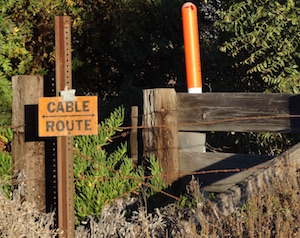Logic of self-driving car policy escapes RAND corporation

Control sample.
The RAND corporation published a study about self driving cars that comes to a mathematically obvious conclusion, while completely missing the public policy point. The study starts with the fact that one person dies in a U.S. traffic accident for every 100 million miles driven. Then it dives into a really complex statistical analysis…
… MoreGiven that fatalities and injuries are rare events, we will show that fully autonomous vehicles would have to be driven hundreds of millions of miles and sometimes hundreds of billions of miles to demonstrate their reliability in terms of fatalities and injuries.

![By EFF-Graphics (Own work) [CC BY 3.0 us (https://creativecommons.org/licenses/by/3.0/us/deed.en)], via Wikimedia Commons](https://www.tellusventure.com/images/2016/4/backdoor_spies.jpg)
![By John Cummings (Own work) [CC BY-SA 4.0 (https://creativecommons.org/licenses/by-sa/4.0)], via Wikimedia Commons](https://www.tellusventure.com/images/2016/4/google_tree.jpg)
![By Nan Palmero [CC BY 2.0 (https://creativecommons.org/licenses/by/2.0)], via Wikimedia Commons](https://www.tellusventure.com/images/2016/4/router.jpg)
![By FBI (FBI.gov) [Public domain], via Wikimedia Commons](https://www.tellusventure.com/images/2016/4/fbi_anti_piracy.jpg)




![By DIAC images (Shave (5) Uploaded by russavia) [CC BY 2.0 (https://creativecommons.org/licenses/by/2.0)], via Wikimedia Commons](https://www.tellusventure.com/images/2016/3/shave_haircut.jpg)